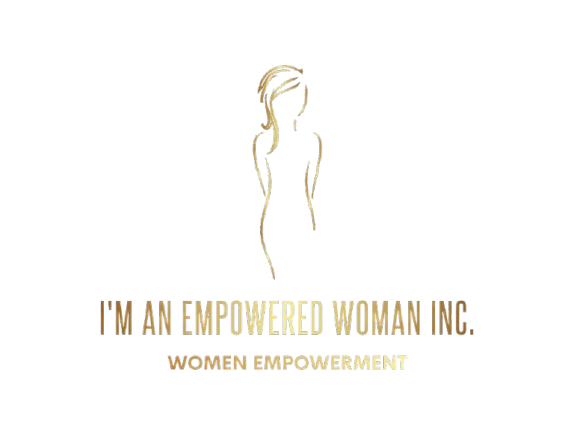
Women’s Civic Engagement Fellowship- a leadership development initiative designed to equip women with the knowledge and skills needed to participate meaningfully in civic life. Participants attend interactive seminars and complete a policy analysis project. The fellowship prioritizes women from underrepresented communities, fostering a pipeline of informed, confident leaders who can influence decision-making spaces and advance gender equity.
Women Empowerment Workshop Series empowers women to strengthen their confidence, expand their opportunities, and build supportive networks that enhance both their personal and career trajectories.
Our Services
Women's Civic Engagement Fellowship
-

Advocacy and Leadership in Gender Equality
Advocacy and leadership are indispensable to advancing gender equality and promoting social justice worldwide. By developing advocacy skills, fostering inclusive leadership, and leveraging strategic resources, individuals and organizations can drive meaningful change and contribute to a future where all individuals, regardless of gender, have equal rights, opportunities, and freedoms. Empowered advocates and leaders play a pivotal role in challenging systemic inequalities, advocating for policy reforms, and building a more just and equitable society.
-

Advocacy Strategies and Tools
Advocacy is a powerful tool for promoting social justice and women's rights. By employing effective strategies such as strategic planning, coalition building, and grassroots organizing, advocates can mobilize support and influence policy change. Utilizing advocacy tools and resources enhances the effectiveness of advocacy efforts and enables advocates to achieve their goals.
-

Research and Evidence-based Advocacy
Research and evidence-based advocacy are fundamental to advancing women's rights and social justice. By employing rigorous research methods, advocates can gather and analyze data that strengthens their campaigns, informs policy recommendations, and holds those in power accountable. By understanding and utilizing key concepts and tools related to evidence-based advocacy, individuals and organizations can significantly enhance their effectiveness and drive meaningful change in their communities and beyond.
-

Communication Skills for Advocacy
Effective communication is a cornerstone of successful advocacy. By honing their communication skills, advocates can raise awareness, influence policy, and mobilize support for their causes. Storytelling, public speaking, and media engagement are critical components of advocacy communication, enabling advocates to connect with audiences and convey their messages persuasively. By understanding key concepts such as message development, issue framing, and leveraging social media, advocates can enhance their communication strategies and ultimately drive meaningful change.
-

Mobilizing Communities and Building Alliances
Mobilizing communities and building strong alliances are essential for driving meaningful change and advocating for social justice. By engaging communities, fostering collaboration, and understanding the key concepts of community organizing, advocates can amplify their impact and create sustainable solutions to pressing issues. As we navigate the complexities of social change, the power of collective action, shared goals, and solidarity movements will continue to shape our efforts toward a more just and equitable world.
-

Policy Analysis & Evaluation
Conducting in-depth analyses of existing policies, evaluating their effectiveness, efficiency, and overall impact provides the evidence needed to make informed decisions about how to shape future policies. Providing comprehensive, actionable insights that inform and shape the intricate and ever-evolving domain of public policy delivers meticulously researched, evidence-based insights that contribute towards the frameworks that govern women’s rights and gender equality.
Women Empowerment Workshop Series
Public Speaking Skills
Problem-Solving Skills
Decision-Making Skills
Negotiation Skills
Emotional Intelligence
Leadership Skills

